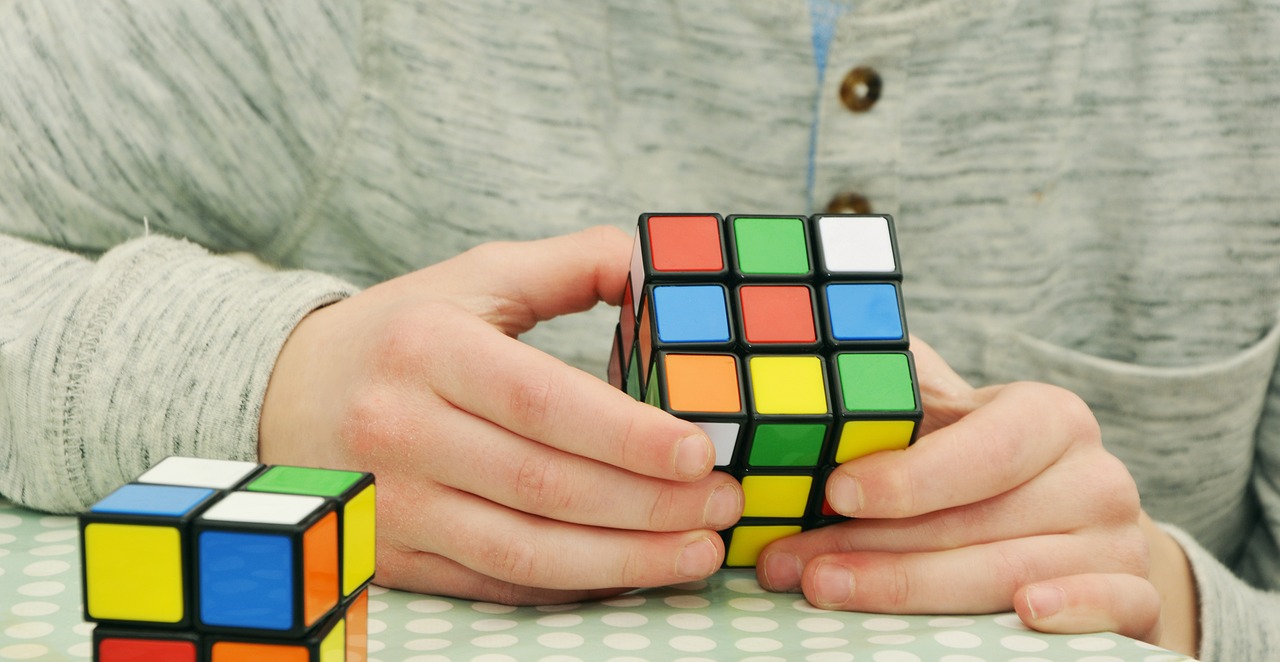Introduction to the Great Debate
The age-old discussion regarding the role of skill and chance in games and learning has been a staple of intellectual curiosity for centuries. As we delve into the intricacies of this debate, it becomes increasingly evident that distinguishing between these two elements is not merely an academic exercise, but a crucial aspect of understanding human behavior, decision-making, and the learning process itself. Renowned publications have highlighted the significance of this distinction, emphasizing its impact on personal growth and development.
Defining Skill and Chance
Before we embark on this exploratory journey, it is essential to establish a clear understanding of what constitutes skill and chance. Skill refers to the proficiency or expertise acquired through practice, experience, and dedication, enabling individuals to perform tasks with precision and accuracy. Chance, on the other hand, pertains to the occurrence of events that are beyond an individual’s control, governed by probability and luck rather than deliberate action.
The Interplay Between Skill and Chance
The relationship between skill and chance is complex and dynamic, often intersecting in unexpected ways. In games of strategy, for instance, skill plays a predominant role, as players must make informed decisions based on their knowledge and experience. However, an element of chance is always present, influencing the outcome in unforeseen manners. This delicate balance is what makes such games engaging and challenging, prompting players to adapt and refine their skills.
Gaming as a Learning Tool
Gaming has emerged as a powerful tool in the learning process, offering a unique blend of entertainment and education. By incorporating elements of skill and chance, games can simulate real-world scenarios, teaching valuable lessons about risk management, decision-making, and resilience. As observed in various studies, games that strike a balance between skill and chance can enhance cognitive abilities, foster critical thinking, and promote a growth mindset.
Understanding Probability and Statistics
To fully appreciate the role of chance in games and learning, it is essential to have a basic understanding of probability and statistics. These mathematical disciplines provide the framework for analyzing chance events, predicting outcomes, and making informed decisions under uncertainty. As we navigate the intricacies of skill and chance, a grasp of these concepts becomes invaluable, allowing us to differentiate between luck and proficiency.
Real-World Applications
The distinction between skill and chance has far-reaching implications beyond the realm of games and learning. In business, for example, understanding the interplay between skill and chance can inform strategic decisions, risk assessments, and performance evaluations. Similarly, in sports and competitive activities, recognizing the role of chance can help athletes and coaches develop more effective training strategies and mental preparation techniques.
Overcoming Biases and Misconceptions
One of the significant challenges in grasping the concept of skill vs. chance is overcoming inherent biases and misconceptions. The hot hand fallacy, for instance, is a common phenomenon where individuals attribute streaks of success to skill rather than chance. By acknowledging and addressing these biases, we can develop a more nuanced understanding of the factors influencing outcomes and make more informed decisions.
Frequently Asked Questions
Some of the most common queries regarding the topic of skill vs. chance include:
- How can we determine whether an outcome is the result of skill or chance?
- Can chance be entirely eliminated from games and decision-making processes?
- What role does practice and experience play in developing skill?
- How can we balance the elements of skill and chance in learning environments?
Empirical Evidence and Research Findings
Numerous studies have investigated the relationship between skill and chance, providing valuable insights into their respective roles in games and learning. The following table summarizes some key findings:
| Study Focus | Methodology | Key Findings |
| Skill acquisition in games | Longitudinal study with experimental design | Practice and experience significantly enhance skill development, but chance events can still influence outcomes |
| Chance and probability in decision-making | Survey and statistical analysis | Individuals often underestimate the role of chance and overestimate the impact of skill in decision-making processes |
| Learning outcomes in skill-based games | Quasi-experimental study with control group | Games that emphasize skill development lead to improved cognitive abilities and greater learner engagement |
Expert Insights and Observations
According to experts in the field, the distinction between skill and chance is not always clear-cut. Experienced gamers and learners often develop an intuitive sense of when skill or chance is dominating the situation. This intuition, however, can sometimes be misleading, highlighting the need for a more systematic approach to understanding the interplay between these two elements.
Conclusion and Future Directions
As we conclude this in-depth exploration of skill vs. chance, it becomes evident that the relationship between these two concepts is multifaceted and influenced by a variety of factors. By recognizing the interplay between skill and chance, we can refine our decision-making processes, improve learning outcomes, and cultivate a deeper appreciation for the complexities of human performance. As we move forward, it is essential to continue investigating this phenomenon, incorporating new research findings and expert insights to inform our understanding of the intricate dance between skill and chance.
